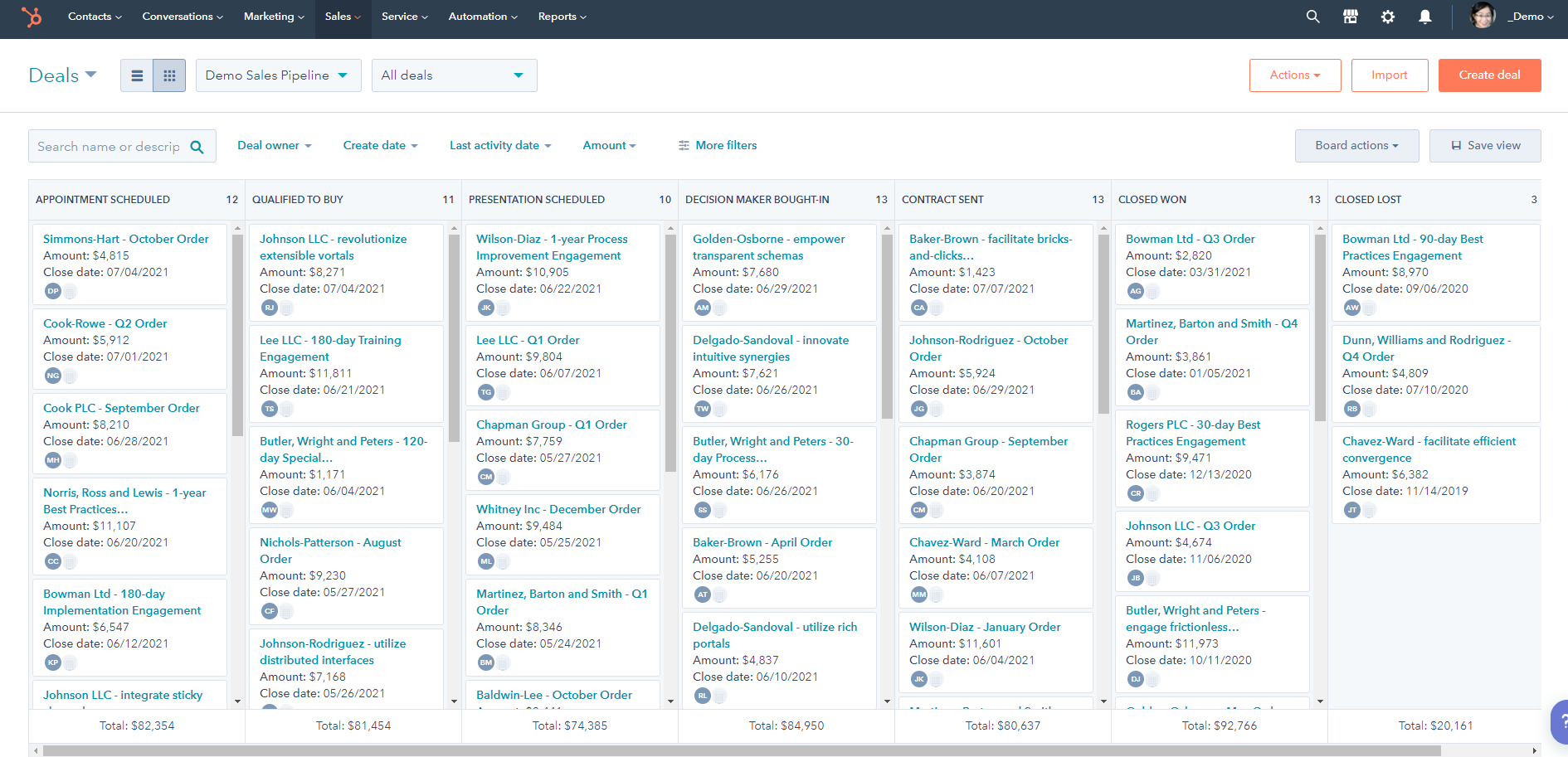How can sales teams benefit from having sales and revenue operations in place?
How can sales teams benefit from having sales and revenue operations in place?
Top 10 Tips for Having Revenue Operations in Place For Sales
I got this question a lot during discovery calls and threw together my top ten tips for having revenue operations in place for your sales team.
- Handoff between sales development rep and account executive is so much easier when all the communications, including emails, conversations, and even transcribed calls, are in one place. No debriefing necessary.
- You can track the customer journey on how leads become MQLs, SQLs, SQO and are finally ready to talk to the account executive and close the deal (Closed Won, Closed Lost) in a single system.
- You know where your deals are on a single dashboard.

- You can schedule your entire reach-out sequence or cadence for a single lead in one place and track tasks. It all gets recorded to your CRM.
- You can forecast your income at the end of the month.
- You can quickly build a quote in minutes with items from your product library.
- Have different meeting types and see your meeting booked rates.
- Have transcripts of your call recordings, so as a sales manager, you understand what's working and what's not, and then coach the rest of the sales team.
- You can see who opened your linked document in the email.
- HubSpot is user-friendly, an easy-to-administer, and has a 99.99% uptime!
To be clear, I want to define what sales development reps (or business development reps), account executives, and sales managers do at most software and technology firms.
Sales Development Representative Beginnings to Account Executive and Beyond
Folks generally start out as a sales development representative, and later move into Account Executive and higher roles. Co-founder and chief development officer at the Selling Factory, Adam Grossman:
“A sales development representative (SDR) is typically a stepping stone to a career in software and technology sales. While there are more senior-level SDRs, this is more of an entry-level position. Working to set appointments for AEs, this role provides the skills training - critical thinking, grit, and empathy - to catapult into an Account Executive, Sales Manager, or Sales Director role.”
Sales Roles Measured on Different Metrics
Sales development reps and account executives are also measured on different metrics. According to Michael Hammelburger, CEO at The Bottom Line Group:
“SDRs focus on outbound prospecting and lead development while AEs work on growing the existing relationship with clients. SDRs measure their performance in terms of total outreach and booked meetings with prospects while AEs' performance is based on closed deals and contribution of such to the company's earnings. Sales Managers oversee the entire sales operations and lead the employees from seeking clients to closing contracts.”
Case Study: How Electronics Manufacturing Manages Its Sales Teams
At Titoma, an electronics manufacturer, Keesjan (Case) Engelen, CEO explains it this way:
“A Sales Development Representative finds qualified leads that would be a good fit for your product. They compile their information and contact leads looking to schedule sales appointments. Basically, this role is all about prospecting. Once they have successfully scheduled a lead, they turn them over to the closers, the Account Executives. Account Executives perform pitches and demos, they find out the clients needs, negotiate terms, and close the deals. We pair up SDRs with AEs and pay them the same here at Titoma to encourage teamwork.
Sales Managers track close rates, leads contacted, and other metrics for their teams of BDRs and AEs. They may have to fill either of those roles on occasion. They set the tone for their teams, provide motivation, coaching, and ongoing training. Sales Directors oversee the entire sales operation through tracking all metrics, especially sales growth. They set sales goals for teams as well as individuals, and manage the sales department through the sales managers. Sales Directors also communicate with the marketing team about creating more effective strategies for growth.”



